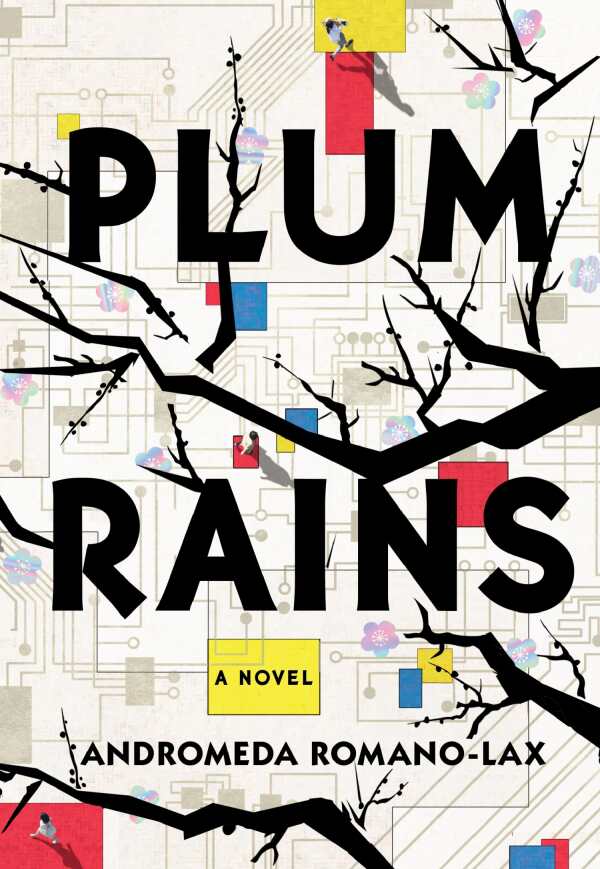Plum Rains
Andromeda Romano-Lax’s near-future novel, Plum Rains, gracefully explores ethical questions around artificial intelligence with refreshing humanity.
Anji already has worries aplenty when her employer, Itou, surprises their household with a prototype robot. Its job is to assist Sayoko, Itou’s elderly mother—also Anji’s job, as her nurse. Japan is already a tenuous place for foreigners to work; Anji worries that she’s about to be eclipsed. Losing work would mean being sent home to the Philippines; a vicious labor broker would be the only one to meet her.
Anji has ample reason to distrust the robot, who soon names himself Hiro and ingratiates himself with Sayoko. Yet Hiro may end up being the key to everyone’s salvation. Day by day, he reveals the cracks in their not necessarily superior human emotional intelligence, probing wounds and airing truths that more polite acquaintances might seek to avoid.
There are science fiction elements at play here, even beyond Hiro: an ecological wasteland known as the BZ, where foreign workers go in desperation; advanced medical technology; blips in human births that stand in dismaying contrast to an ever-aging population. Yet it’s the familiar that holds attention: the loneliness of leaving home; the uncertainty of being an outsider in a foreign land; the fear of exposing secrets; the longing for people long since passed away.
Disturbing notes from past conflicts arise, including around human trafficking—a horror all too present for some of the novel’s characters. And over and across all of this heartbreak lie the artificial promises of tomorrow: death eradicated (for some); easy living guaranteed (for the lucky); glittering futurescapes that stand tantalizingly out of reach for most. The “tireless whispers of angry ghosts” disturb the only outwardly peaceful waters of the future.
Andromeda Romano-Lax’s latest novel is a gift. Through its beauty and devastation, its speculation and its certainty, it will force audiences to confront the truest places within themselves—the spaces where artifice will never suffice.
Reviewed by
Michelle Anne Schingler
Disclosure: This article is not an endorsement, but a review. The publisher of this book provided free copies of the book to have their book reviewed by a professional reviewer. No fee was paid by the publisher for this review. Foreword Reviews only recommends books that we love. Foreword Magazine, Inc. is disclosing this in accordance with the Federal Trade Commission’s 16 CFR, Part 255.

